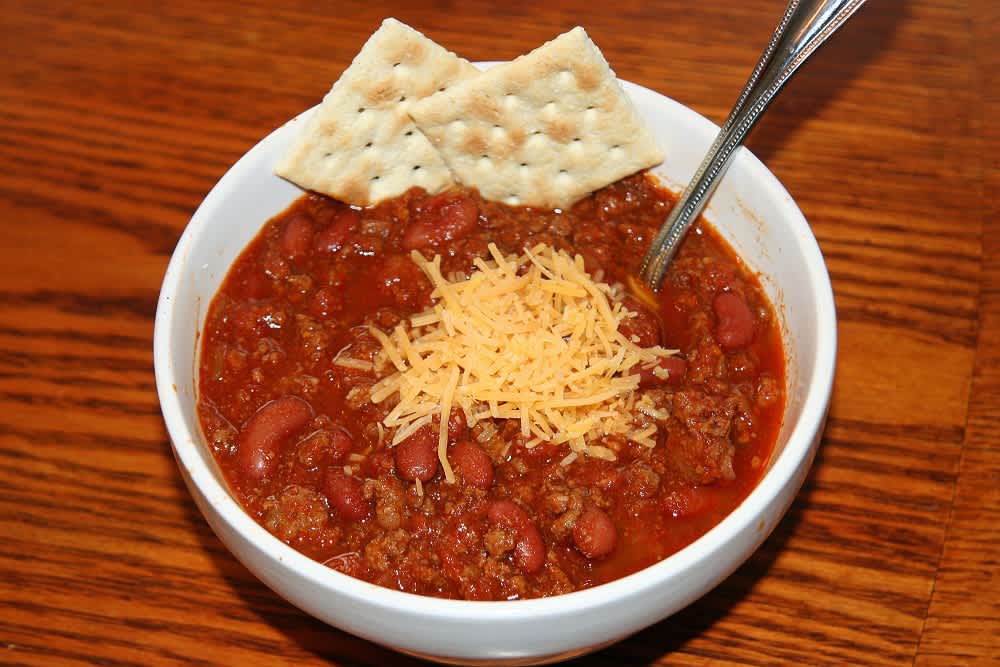Alabama DCNR: Wild Game – the Healthy Choice
Alabama DCNR 12.07.12

Much of the meat on Alabama dinner tables used to be wild game that was harvested for the family. As the cost of living continues to increase, some people find financial relief by lowering their grocery bill with the addition of nature’s bounty. Rabbits, quail, turkeys, doves, deer, waterfowl and squirrels are just a few examples of wild game that can be harvested, stored and prepared for meals. Abundant game, coupled with liberal hunting seasons and bag limits, allows endless opportunities for hunters to fill the freezer. Wild game offers a healthy alternative to domestic animal products because they are generally lower in fats and higher in protein, vitamins and minerals. Sound ethics demand that a hunter eats what he harvests and to do otherwise would be both unethical and a missed opportunity for a dining delight.
Animals found in nature provide wholesome, nourishing food, but they should be handled and preserved carefully to retain quality. One reason Alabamians now consume more meats that are slaughtered, dressed and packaged by someone else is because we are inexperienced in preparing wild game. Freezing, curing and smoking, drying, canning and sausage-making are all viable options. When someone claims they don’t like the taste of game meat, it’s probably because they have not had correctly cared for and properly prepared wild game. Countless resources are available online to assist hunters with game care, preservation, preparation and recipes.
Even though wild game meats are generally more nutritious and safer than domestic meats, natural resource managers recommend not consuming any animal that shows signs of unusual behavior or any sign that may indicate a diseased animal. Food from the wild is not exposed to inoculants, hormones or preservatives. Some game meat is higher in dietary cholesterol than domestic meats, but the combination of lean muscle tissue, fewer calories, less saturated fat and significantly higher percentage of cholesterol-reducing polyunsaturated fatty acids makes wild game meat a heart-healthy choice.
Consuming the results of a successful hunting trip is a major part of the whole experience. “Bringing home the bacon” leads to a real sense of accomplishment, and making full and proper use of the meat completes the cycle that every outdoorsman should practice. The entire process of harvesting food from the natural world is not only a healthy choice for the body, but for the mind as well.
For additional information, contact Frank Allen, Area Wildlife Biologist, Alabama Department of Conservation and Natural Resources; frank.allen@dcnr.alabama.gov.

